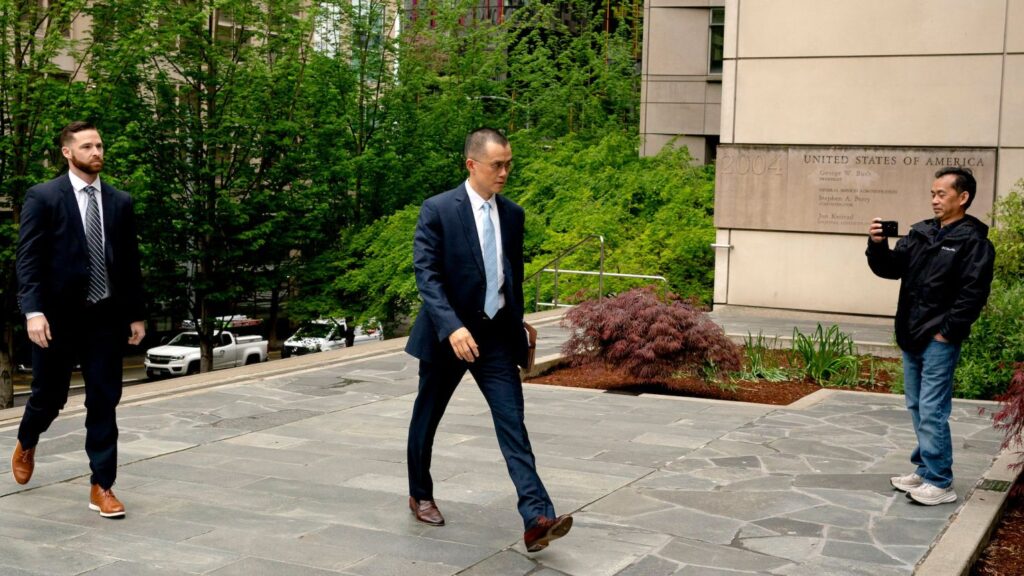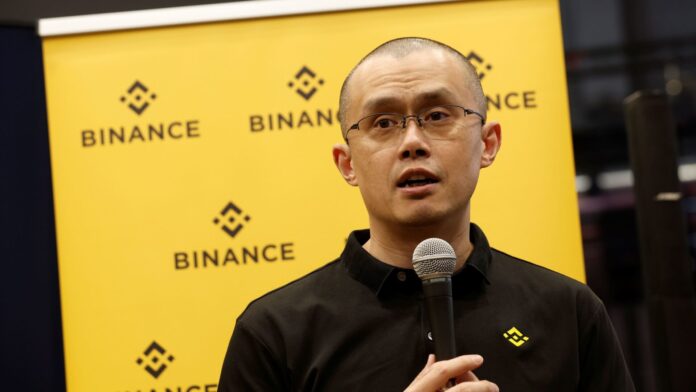Binance Founder Sentenced to 4 Months in Prison for Money-Laundering Violations
Changpeng Zhao, the founder of Binance, the world’s leading cryptocurrency exchange, has been sentenced to four months in prison for failing to maintain an effective anti-money laundering program. The sentence was handed down in a US federal court in Seattle and is lighter than the three years that prosecutors had argued for.
Apology and Consequences
Prior to the sentencing hearing, Zhao, also known as CZ, apologized for the mistakes he made as the CEO of Binance. In a letter to the judge, he expressed deep regret for his choices and assured that such mistakes would never happen again. As part of a coordinated settlement with the federal government, Binance agreed to pay over $4 billion in fines and penalties. The company admitted to engaging in anti-money laundering activities, unlicensed money transmitting, and sanctions violations. Zhao, who has a personal fortune of nearly $40 billion, agreed to step down as CEO and pay $200 million in fines.
Investigation and Oversight
Following a multiyear investigation, US authorities found that Binance allowed bad actors on its platform, enabling transactions linked to child sex abuse, narcotics, and terrorist financing. It was revealed that Binance did not have protocols to flag or report transactions for money-laundering risks, and employees were aware that this oversight would attract criminals to the platform. The lack of oversight is exemplified by a comment made by a Binance compliance staffer, who wrote, “we need a banner ‘is washing drug money too hard these days – come to Binance we got cake for you.'”
Industry Reputation and Regulatory Measures
Zhao’s sentencing comes shortly after his former rival, Sam Bankman-Fried, was sentenced to 25 years in federal prison for his involvement in a multibillion-dollar fraud through FTX, the second largest crypto exchange before its collapse in 2022. These consecutive sentences highlight the Department of Justice’s stricter approach to financial crimes, particularly in the crypto industry.

The cryptocurrency industry has been striving to shed its reputation as a haven for criminals and transition into the mainstream. However, skeptics of crypto still view the industry with suspicion, asserting that the Department of Justice has not done enough to combat illicit activities. Dennis Kelleher, CEO of the nonprofit Better Markets, criticized the leniency of the charges against Zhao, stating that it sends the message that “crime pays.”
It remains to be seen how these recent developments will impact the crypto industry and its efforts to gain wider acceptance and trust from regulators and the general public.

